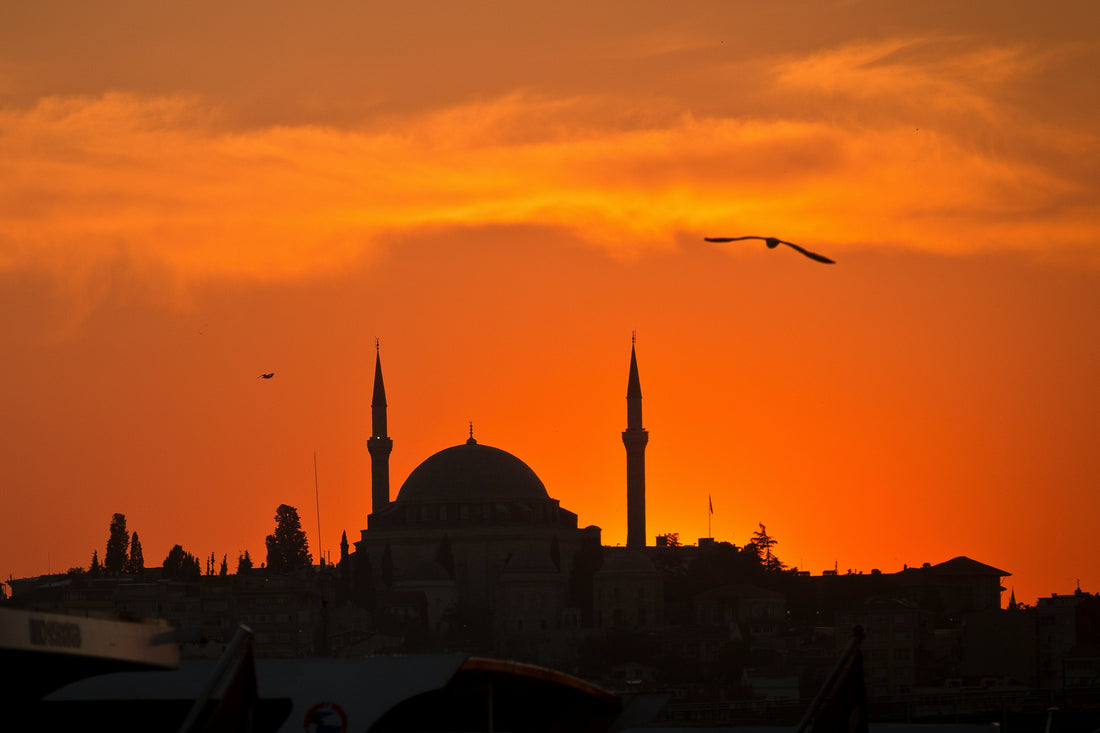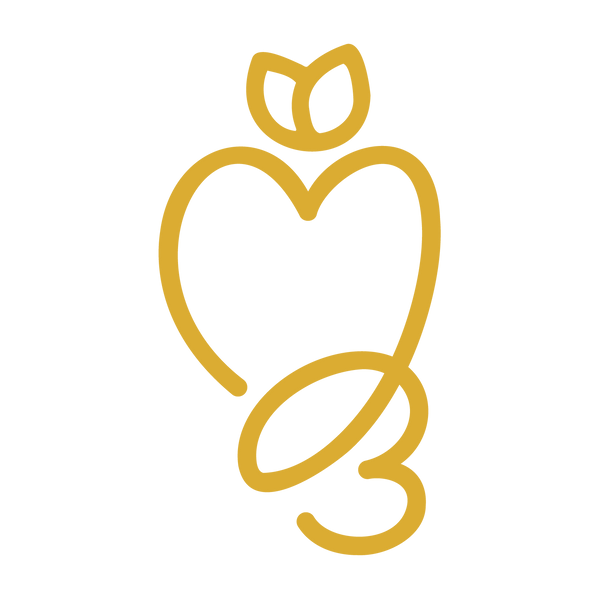
What is Ramadan (The Holy Month)
Share
The Holy Month Of Ramadan in Islam

Ramadan in Islam is the Holy month of fasting that lasts between 29- 30 days. This year it begin March 10th and will last until April 9th. Ramadan happens the 9th month of the Islamic calendar based on the 12 month year of 354. Due to the lunar year being 11 days shorter (343) each year Ramadan happens 11 days earlier each year.

Purpose of Ramadan
Ramadan is the time in which muslims focus on self restraint and giving thanks to Allah. Ramadan is more broadly interpreted as the obligation to refrain between dawn and dusk from food, drink, sexual activity, and all forms of immoral behavior, including impure or unkind thoughts, gossiping, backbiting, lying, or arguing. Muslims welcome Ramadan as an opportunity for self-reflection and spiritual improvement, and to grow in moral excellence. The ultimate goal of fasting is gaining greater God-consciousness (taqwa), signifying a state of constant awareness of God. From this awareness, a person should gain discipline, self-restraint, and a greater incentive to do good and avoid wrong. In commemoration of the revelation the Qur’an Muslims read the entire book during Ramadan. The entire Qur’an is also recited during special nightly prayers. Ramadan is a highly social time.
Who Fasts During Ramadan
Healthy adults and older children fast during the daylight hours from dawn to dusk. Pregnant or nursing women, children, the old, the weak, women on their menstrual cycle, travelers on long journeys, and the mentally ill are exempt from the requirement of fasting. Those unable to fast can feed the less fortunate each day they miss.
 How to Train your children
How to Train your children
Though Children are exempt from fasting, it is customary to start training them at age seven to perform limited fasting to prepare. Starting with fasting half days or only during the weekend will gradually allow them a sense of inclusion during the Holy Month.
Can you Eat 2 Meals a Day During Ramadan?
You are allowed 2 meals a day if you are exempt from doing Ramadan completely as listed above. For the healthy adults one meal a day is still prescribed throughout Ramadan. The Honorable Minister Louis Farrakhan suggests after sunset being the best time to break fast. In the morning after Fajr prayer drink plenty of water and/or tea and hydrate yourself to get you through the day.

Photo by Sundari Muhammad
Breaking Fast (Iftar)
After the sunset prayer muslims gather in their homes or mosques to break their fast with a meal called ifṭār. Ifṭār usually begins with dates, as was the custom of Muhammad, or apricots and water. Dates are a concentrated source of energy and easily digestible. Fasting is extremely beneficial for lowering cholesterol levels and for other health benefits. Fasting purifies the body as well as the spirit, as it gives the body a rest from the continuous task of digesting food.

Photo by Yusuf Miah
Eid ul-Fitr
After the completion of this Holy Month muslims celebrate one of their major holidays called Eid ul-Fitr or the “Festival of the Breaking of the Fast.” Traditionally children receive new clothes, money, or gifts from parents, relatives, and friends. A special prayer and sermon are held the morning of Eid day, followed by a community celebration. Food, games, and presents for children are important parts of the festivities, as friends and family spend the day socializing, eating, and reuniting with old acquaintances. The greeting Eid Mubarak means “Blessed Holiday!”
*For more information, this video is a great informational Ramadan
